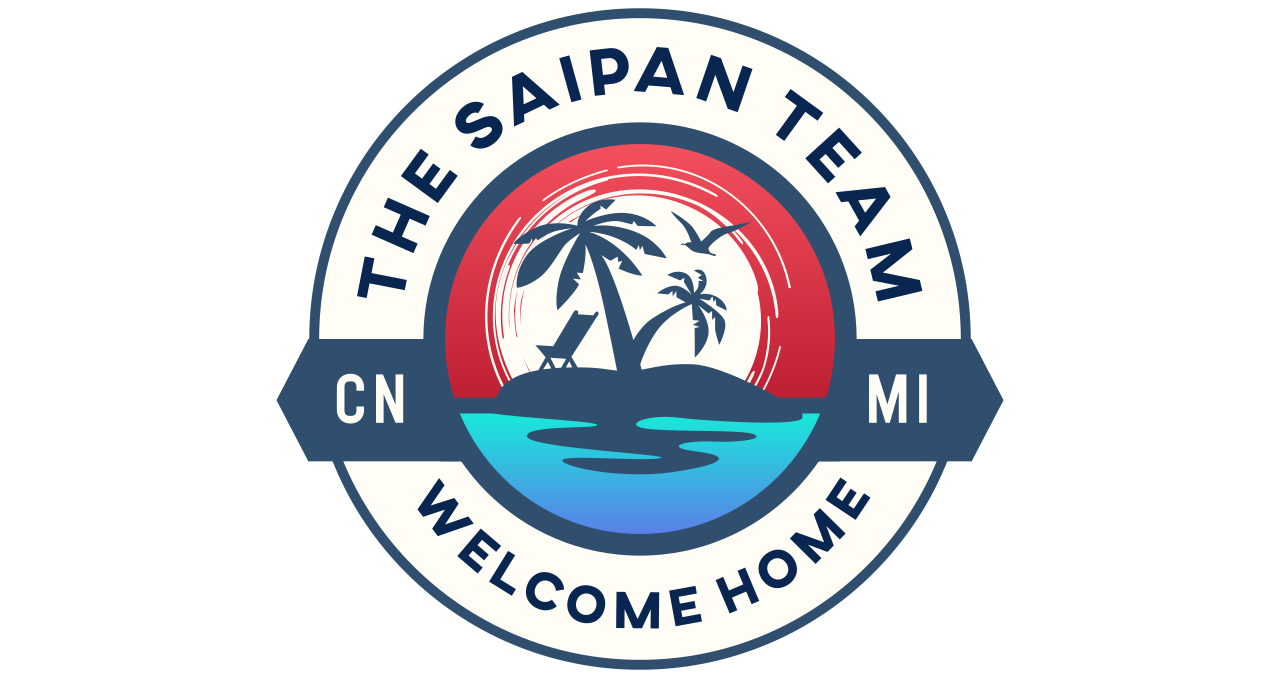By Emmanuel T. Erediano
TWO tax experts and an information technology business owner expressed support for House Bill 23-103, which would exempt export and security sales from business gross revenue tax.
Introduced by Rep. Manny Gregory T. Castro during a session on Thursday, H.B. 23-103 states that “corporate tax shall not apply to the gross revenue derived from the revenue generated by the export of goods, services, resources, food, fish or agricultural products produced or manufactured in the Commonwealth and exported by the manufacturer or producer regardless of whether or not the manufacturer or producer is deemed the ‘seller’ of such goods, services, resources, fish or agricultural products.”
According to the bill, “The current CNMI tax code presents impediments to the attraction and retention of individuals and businesses participating in the global digital economy and global financial markets. However, minor changes to business gross revenue tax (BGRT) exemptions can remove these impediments and foster rapid growth of these industries in the Commonwealth, which could result in a significant increase in tax revenues.”
Investment firms
David Burger, a certified public accountant who has been in the CNMI for almost 34 years now, said he supports the bill.
“As long as I’ve been in the CNMI, I’ve never seen an investment firm set up an operation here and I think that the reason for that is because of the way our BGRT law is written,” he told the House members.
Burger said investment firms or companies that make their money by buying and selling securities cannot pay 5% of the selling price of every transaction. He said investment firms don’t always make a profit when they sell a security.
“Why don’t we figure out the trading gain for the year? Get all the gains and losses, put them all together. Here’s the net gain, [and] let’s impose BGRT on the net gain.”
“So I think that’s the proposal. I support imposing BGRT on net gains and I think that we should target investment companies, hedge funds, pension funds, trusts and investment companies,” he added.
He said it would be great if the CNMI could also have a regulation to clarify that if “you sell your income producing asset, you don’t pay the BGRT on that.”
Burger also mentioned the Tax Source Act of 1987.
Under that law, “If you move here [from the states] with a portfolio of investments, you have to wait 10 years before you can sell any of those investments and call it CNMI-sourced gain.”
Burger said the Legislature could repeal that provision in its entirety. “If we could scrap that, then people could bring their portfolio here, and maybe retire here and keep doing their trading activities or whenever they sell, and they can source the gain here and get a rebate on it,” he added.
Concrete alignment
Vin Armani, founder of Badger LLC, a software company operating in the CNMI since 2021, said H.B. 23-103 “represents the most concrete alignment possible between potential individuals and business investors currently not domiciled in the CNMI, and the government of CNMI. It [will] draw positive attention [and allow the CNMI to] sustainably grow and diversify our economy by leveraging our existing resources.”
He said his company will formally launch a new project — Saipan.team — a website that provides a portal through which digital remote workers, startup internet businesses and “big tech” financial executives can get the necessary information and support so they can domicile in the CNMI and begin contributing to its tax base.
“I’m personally one of these people so I know the value of the CNMI. I know that with even the minimal raising of awareness our Commonwealth can become a hub in the digital economy. … We’re taking these steps on our own in the private sector, and we believe we can do so profitably while benefitting both the CNMI and the investors we are introducing to the Commonwealth,” he added.
Armani said the passage of H.B. 23-103 may persuade some off-island business owners to relocate to the CNMI.
H.B. 23-103, he added, would fix “two bugs in the current Commonwealth gross revenue tax rules that are hindering the ability of the CNMI to attract exactly the type of taxpayers that would be the best fit for our economy and culture.”
“We don’t often think about these types of businesses — one of the reasons is because out of sight, out of mind. They simply cannot do business here. H.B. 23-103 fixes that,” he said.
The bill would allow the CNMI to be on the list of attractive U.S. domiciles, tax-wise, for software companies, he added.
“This is especially true now when physical location has become inconsequential for software companies and both customers and employees are remote from corporate headquarters. In fact, more than 80% of U.S. software developers currently work completely remote,” Armani said.
“This is the wonderful situation that sometimes occurs when a government can generate more tax revenue by reducing the tax rate. The bill introduced today is critical for our economic recovery,” Armani said.
Tax benefits
Joshua Cook of Pacific Pact Consulting, whose background is in technology and taxes, said in the last three years, he has looked at all possible methods to move their operations here and avail themselves of possible tax benefits.
“I’ve spent countless hours and dollars getting professional advice from some of the best tax professionals on and off-island, one of whom is Mr. Burger,” Cook said. “Ultimately my business partner and I concluded that it did not make financial sense to operate our business in the CNMI.”
For example, he said, when he sells a million dollars worth of product, he also incurs other expenses — manufacturing, shipping, marketing, customer services and operations. “That $1 million in revenue would turn into, say, $100,000 in profit. While the BGRTs are only 5%, we’re looking at 5% of the million dollars in revenue not the $100,000 in profit and so the effect of the [local] tax rate is much higher for us,” he added.
He said H.B. 23-103 is an important step to attract businesses in a multi-billion-dollar industry that is e-commerce.
“I love the CNMI. I’m planning to stay for a long time and I love to also see the CNMI benefit from my business operations,” he added.
—
Post from Marianas Variety


